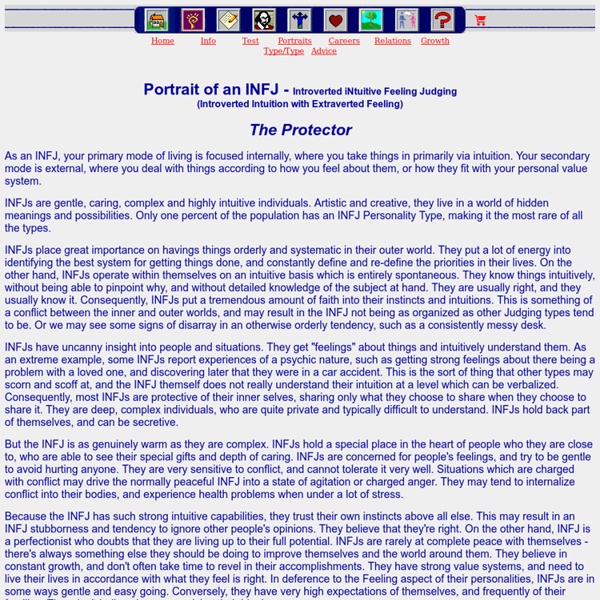Sensory Processing Disorder Explained | SPD Foundation
Sensory processing (sometimes called "sensory integration" or SI) is a term that refers to the way the nervous system receives messages from the senses and turns them into appropriate motor and behavioral responses. Whether you are biting into a hamburger, riding a bicycle, or reading a book, your successful completion of the activity requires processing sensation or "sensory integration." Sensory Processing Disorder (SPD, formerly known as "sensory integration dysfunction") is a condition that exists when sensory signals don't get organized into appropriate responses. Pioneering occupational therapist and neuroscientist A. Jean Ayres, PhD, likened SPD to a neurological "traffic jam" that prevents certain parts of the brain from receiving the information needed to interpret sensory information correctly. A person with SPD finds it difficult to process and act upon information received through the senses, which creates challenges in performing countless everyday tasks. Back to top
Portrait of the Idealist® (NF)
Idealists (NFs), as a temperament, are passionately concerned with personal growth and development. Idealists strive to discover who they are and how they can become their best possible self -- always this quest for self-knowledge and self-improvement drives their imagination. And they want to help others make the journey. Idealists are naturally drawn to working with people, and whether in education or counseling, in social services or personnel work, in journalism or the ministry, they are gifted at helping others find their way in life, often inspiring them to grow as individuals and to fulfill their potentials. All Idealists share the following core characteristics: Idealists are enthusiastic, they trust their intuition, yearn for romance, seek their true self, prize meaningful relationships, and dream of attaining wisdom. Idealists are sure that friendly cooperation is the best way for people to achieve their goals. Idealist Overview | Champion | Counselor | Healer | Teacher
My Account - My List
Copyright © 2014 Vitacost.com. All rights reserved • Designated trademarks and brands are the property of their respective owners. The products and the claims made about specific products on or through this site have not been evaluated by Vitacost.com or the United States Food and Drug Administration and are not approved to diagnose, treat, cure or prevent disease. The information provided on this site is for informational purposes only and is not intended as a substitute for advice from your physician or other health care professional or any information contained on or in any product label or packaging. You should not use the information on this site for diagnosis or treatment of any health problem or for prescription of any medication or other treatment. You should consult with a healthcare professional before starting any diet, exercise or supplementation program, before taking any medication, or if you have or suspect you might have a health problem.
infj
Auras...Aura Colors, Shapes and Sizes
This site offers a wealth of information on auras, chakras and healing your spiritual energy system. You will find unique insights on everything from colors and cleansing, to hidden emotions and psychic reading, to chakra healing and kundalini energy. Color Meanings There is a common misunderstanding that your energy field is only one particular color. But the many parts of your energy system can change colors often. Different Shapes How you respond to life's experiences affects the shape of your energy system. Sizes Is your energy field large, small, absent, or healthy and balanced? Position Are you putting your energy out in front of your body, out back, up above, or are you being present and centering in the now? Energy Dynamics in Relationship Common energy patterns between people include having blurred boundaries, playing power games, being emotionally enmeshed, and having healthy boundaries. Hidden Emotions Your own emotional energies can also build up in your energy system.
infj
INFJ Personal Growth
What does Success mean to an INFJ? People with the INFJ personality type are intense and perfectionistic. They have deep insights into many aspects of life, and usually have very high standards for their own understanding and accomplishments, as well as those of others. They are service-oriented and empathetic to other individuals. The INFJ strives for the ideal in every aspect of their life. An INFJ's feeling of success is centered around their own level of understanding and accomplishment, their usefulness or service to others, and the condition of their personal relationships. Allowing Your INFJ Strengths to Flourish As an INFJ, you have gifts that are specific to your personality type that aren't natural strengths for other types. Potential Problem Areas With any gift of strength, there is an associated weakness. INFJs are rare and intelligent people with many special gifts. Explanation of Problems Solutions Living Happily in our World as an INFJ Specific suggestions: Contact us
2
3
4
5



